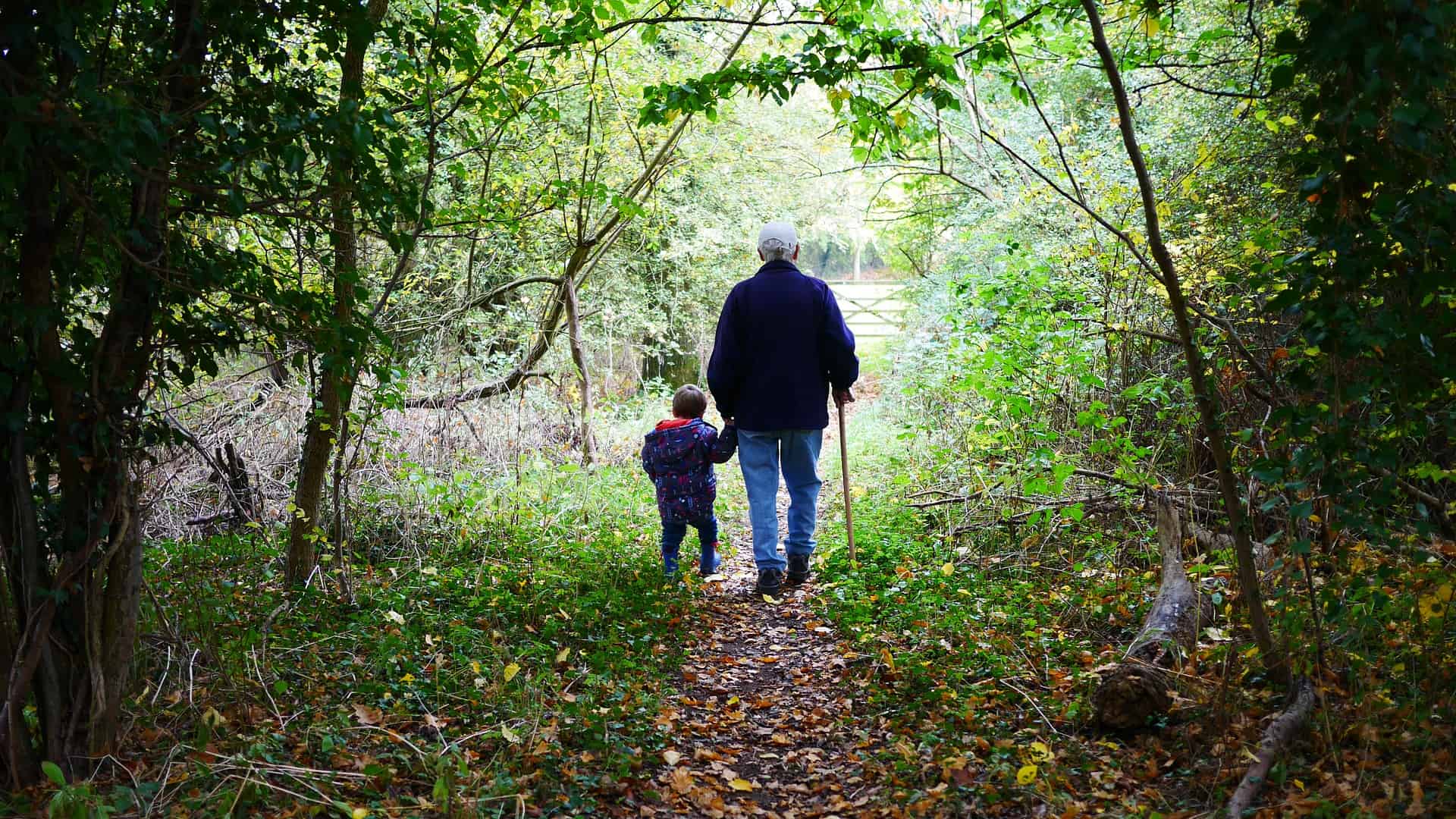


Grandparental giving: sharing your wealth and seeing the benefits
With many of us living longer, you may be thinking about how you can support your family at the moments that matter. Sharing your wealth during your lifetime – especially with younger generations facing the pressures of rising house prices and university fees – can really make a difference and bring you great joy too.
While gifts to grandchildren can cover anything from pocket money to driving lessons, the big strains are education and housing.
The average student in England graduates with debts of more than £50,000, so it could be a great idea to plan ahead and try to take some of the financial pressure off what should be one of the most exciting times in a young person’s life.
And today’s first-time buyers can expect to need a deposit of more than £33,000 with the average deposit for first-time buyers increasing by more than 70% in the last 10 years, according to the Halifax.
The good news is that there are different ways to share your wealth that can cover a whole range of objectives and some have tax benefits.
What do your grandchildren need and when do they need it?
There’s a simple starting point after you’ve worked out what you can afford to give. What is it that your grandchildren actually need and when do they need it?
The best way to make gifts to your grandchildren will be different depending on:
- how old they are, and
- if you have concerns about handing over large sums at a young and impressionable age.
But making a gift at the earliest possible time means that any potential investment growth can play a big part in meeting a future cost.
Younger grandchildren
1. Junior ISA (JISA)
If your grandchild is under age 18 one option would be to save into their JISA. While you can’t open one on their behalf, you can pay into it within their annual limit, which is £4,368 for the 2019-20 tax year.
One advantage of the JISA is that they can’t dip into it until they reach 18 – but it is theirs to spend how they want to after that.
The money can be invested in cash, stocks and shares or both. Any investment growth or income in a stocks and shares ISA is tax free and interest from a cash ISA is tax free.
If you put money aside for 18 years it could build into a considerable sum, though with any investment the value can go down as well as up, and you could get back less than you paid in.
2. Child’s bank account
Alternatively, for smaller gifts a child’s bank account is practical and easy for family and friends to pay money into. And giving younger children access to their savings can help them manage their own money. However, bear in mind that there have been low rates for savers in recent years. The income is assessed for tax on the child and will usually be tax free as within their personal savings allowance, personal allowance etc unless funds come from a parent and interest exceeds £100pa in which case taxed on the parent.
Older grandchildren
1. Lifetime ISA (LISA)
If your grandchild is 18 or older, a LISA could help them save for their first property.
They can open a LISA between the age of 18-40 and you can contribute to it – up to £4,000 a year which gets a 25% government bonus on top. There are a number of qualifying conditions which you can read about on Gov.uk but any money that isn’t used to get a foothold on the property ladder can also be spent when they are much older at age 60, which will top up their pension savings. If funds are withdrawn other than for first property purchase or after age 60 there will be a loss of government bonus.
2. Help to buy ISA
There’s another option – the Help to Buy ISA, which allows first-time buyers aged 16 or over to save up to £200 a month (plus an additional £1,000 at outset) and benefit from a 25% government bonus. This ISA won’t be available to new savers after 30 November 2019, but if your grandchild opens one before that you can keep saving into your account until 30 November 2029 when accounts will close to additional contributions. You must claim your bonus by 1 December 2030 The maximum government bonus is £3,000, achieved if £12,000 is saved.
Would you like the reassurance of some control?
There may be an understandable concern about giving grandchildren too much too soon. You may want to have some control over where money is invested and when it is handed over. Making a gift into trust may ease the fears of giving large sums to grandchildren before they have sufficient financial maturity and provide the control many grandparents seek.
As a trustee, you can retain an element of control over the funds and how and when they are paid, while gifts made to the trust can reduce your estate for Inheritance Tax (IHT). This is a complex area and you should take financial advice.
Plan ahead for a brighter future for all
With a bit of careful thought and forward planning now there’s a lot you can do to make sure that the money you give goes as far as it can towards setting your loved ones up for a brighter future – while you’re still able to enjoy it alongside them.
*The Financial Conduct Authority does not regulate Tax Advice. The value of your investments can go down as well as up and may be worth less than you paid in. Laws and tax rules may change in the future. Personal circumstances also have an impact on tax treatment. The information here is based on our understanding in March 2019 and should not be regarded as financial advice
Article Credit : Standard Life



